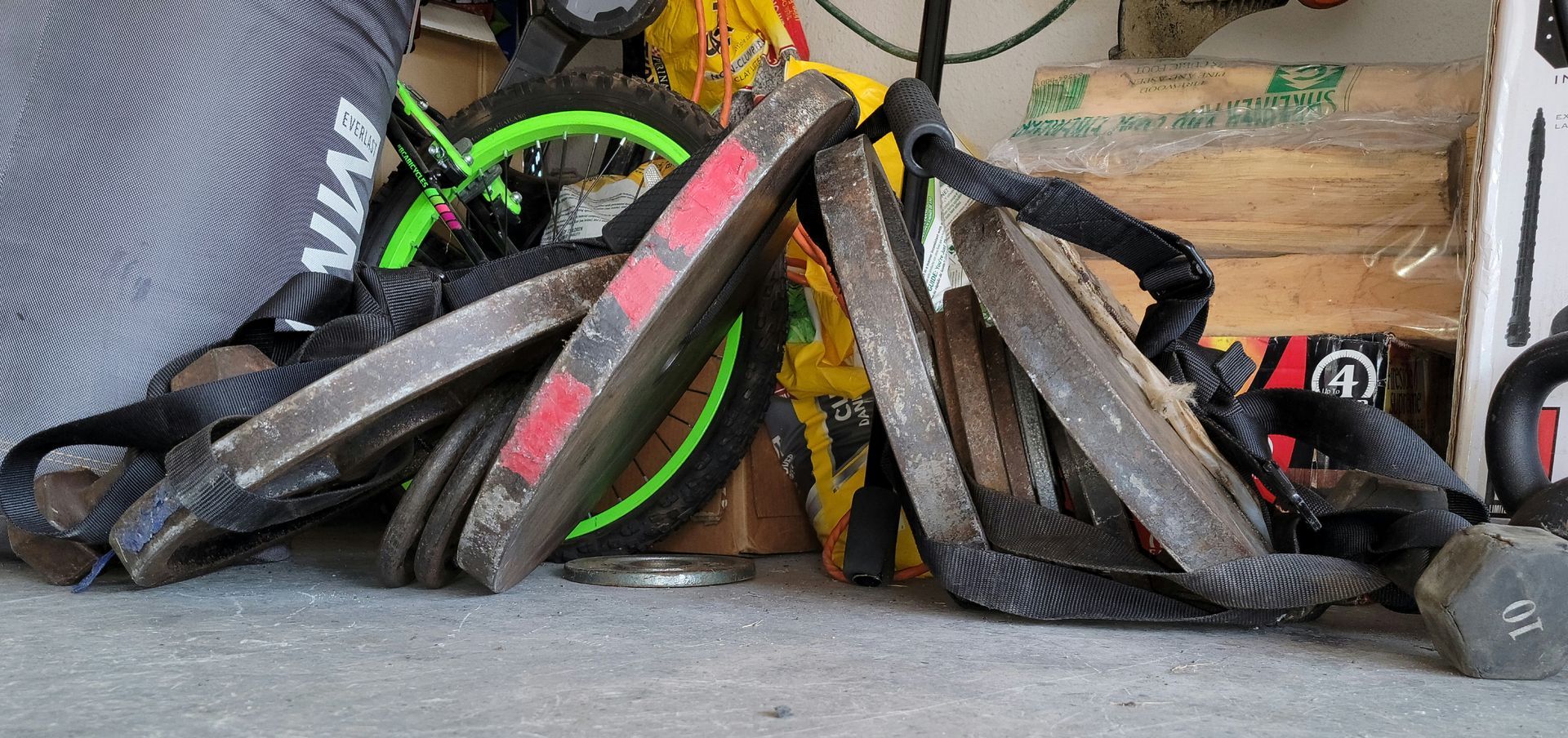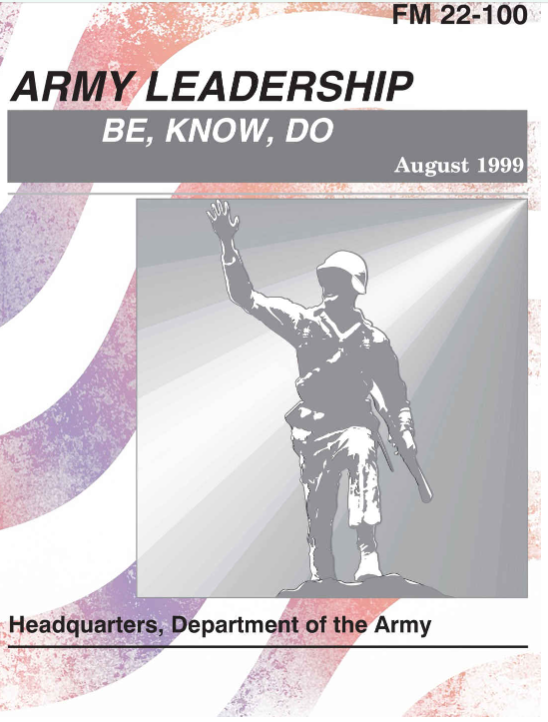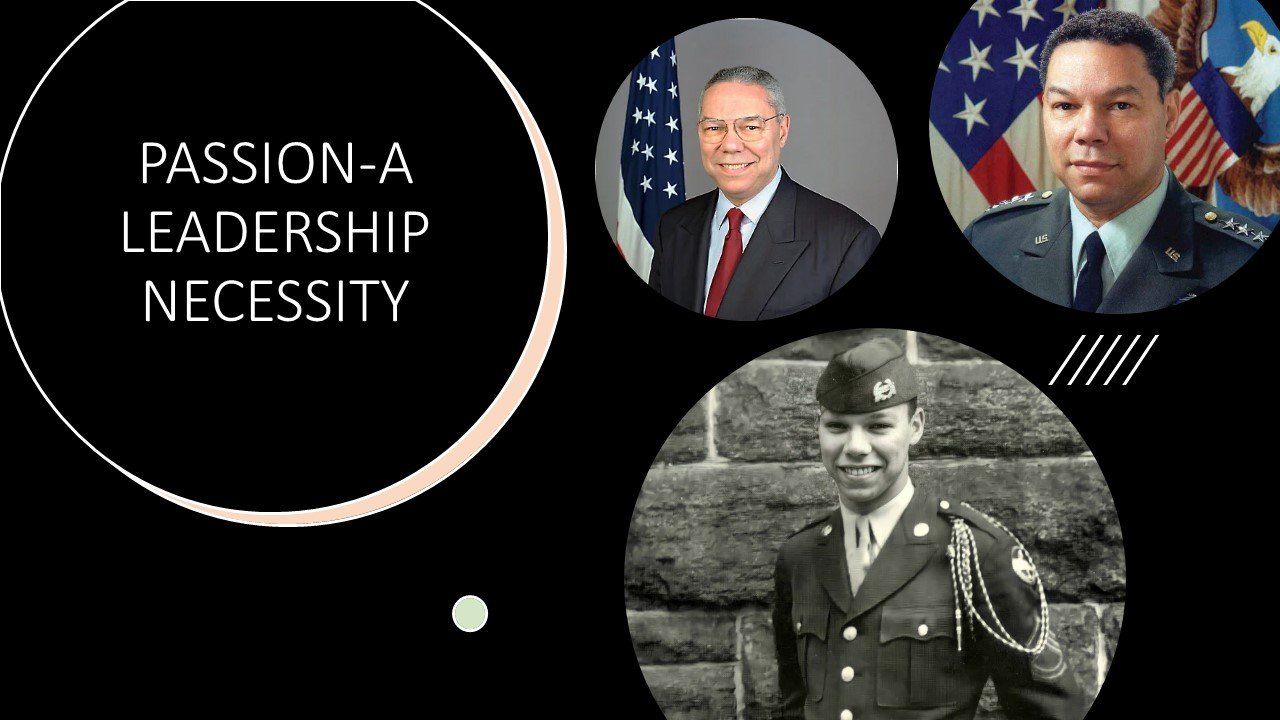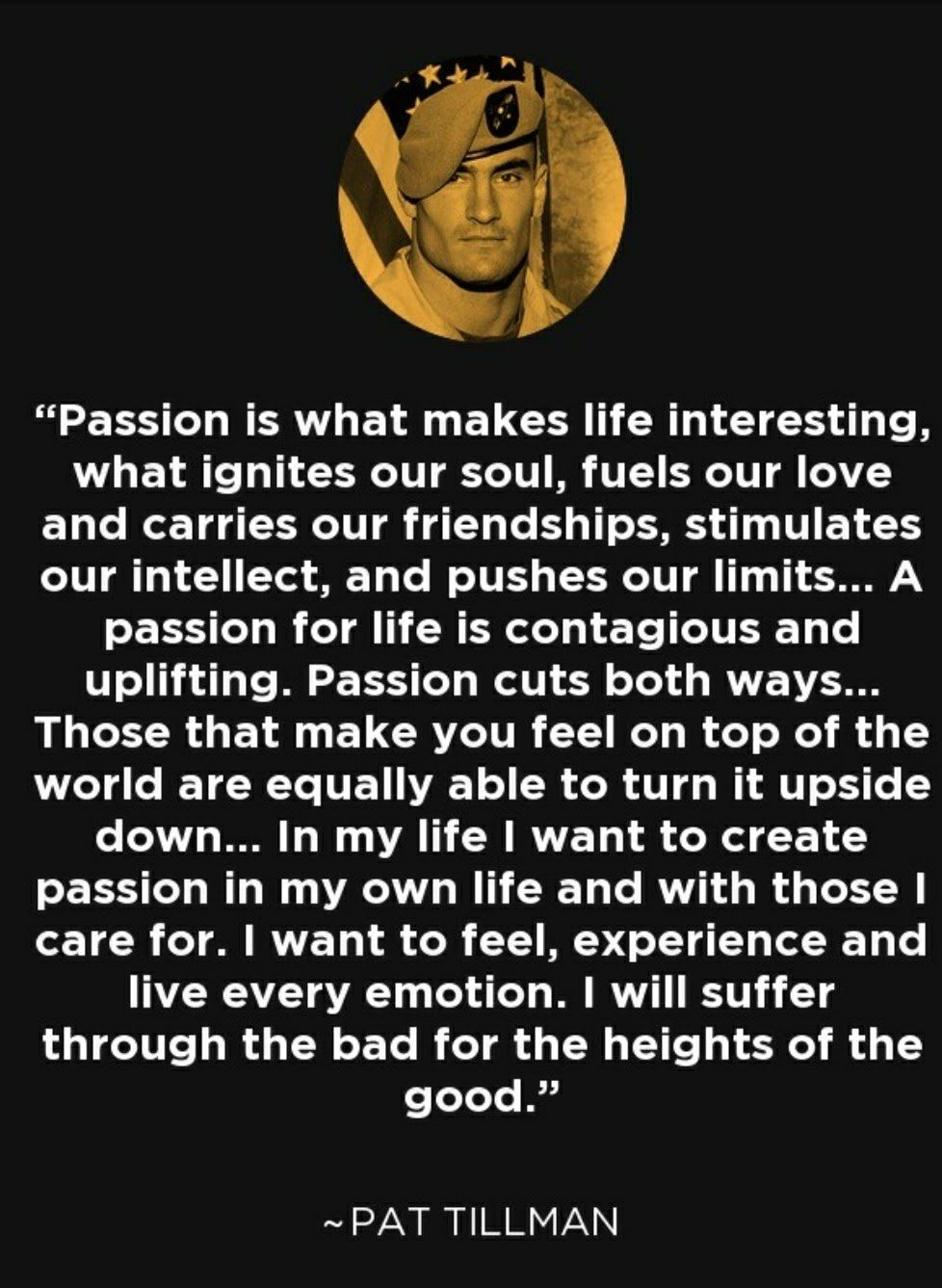CALMNESS UNDER FIRE-STEPS TO MINIMIZE STRESS UNDER DURESS
This is a subtitle for your new post

“Y’all gonna’ die!” These words were the last thing a senior leader said to my friend and I, before we volunteered to help prepare a missile reload during a scud launch during Desert Storm. We were both sergeants in the US Army and had volunteered to uncover PATRIOT missiles during a scud attack that had just taken place. Intelligence at the time had units on high alert for the probability of use of chemical weapons by the Iraqis. I realize the conditions and actions taken are no where near as dangerous or harrowing as those experienced by other service members in combat conditions, however, it was a challenging event made all the worse by a leader submerged in fear, wallowing in his focus on self-preservation, and projecting his fears on to others.
Fortunately, my friend and I did NOT die, and were able to accomplish our mission. Suffice it to say that the senior leader that had uttered these words lost credibility with us, and the entire unit as word of his fear under fire spread throughout the unit. People may forget what you say but they watch what you do as a leader. I have not forgotten the way I felt when this leader uttered these words to us and worked diligently to make sure no one I led ever felt the way I did that day over 30 years ago.
We all have stressful situations happening daily. We cannot control events but only our reactions to these events. I would like to share several tips to help leaders under stress.
These recommendations include, controlling thoughts, emotions and behaviors under fire, making people feel safe, use of a pre-mortem tool, and two recommendations to take when people we lead fail to meet expectations. These first three items were shared with me by my daughter who works in the mindfulness and fitness industry, and I found these to be extremely useful. When stress hits, we MUST control our thoughts, emotions, and behaviors.
Thoughts- When encountering a stressful situation, thoughts can become our enemy. Jim Rohn says, “Every day stand guard at the door of your mind.” Do not allow thoughts of failure or fear to take hold. Replace them with positive energy, positive thoughts, positive outcomes. See success, be success! So, as you think, you become, as you become, you act.
Emotions-Thoughts fuel emotion, so feed them well… Control the urge to panic, become angry, or overly fearful. We are humans and our bodies will react to protect us. During stress, the body shuts down senses and activities such as smell, taste, digestion, etc. When faced with a stressful situation the body does what it has done for centuries, it puts the body in fight or flight to protect itself. Unfortunately, rational thinking also shuts down which prevents us from making the best decisions under stress. Control your emotions, do NOT allow them to control you. Take deep breaths, think through the situation, and remain calm. Your people are watching how you react, panic promotes panic, fear promotes fear. In times of crisis, fear and anger are poor counselors so heed not their urge to act out, act up, or act inappropriately.
Behaviors- Emotions fuel Behaviors our actions during stress can determine success or failure as well as set the standards for our credibility. I have shared these three small tips in previous writings, and they bear repeating here. Your behaviors should include a pause, think, and respond process. Pause, to allow time and emotions to pass. Think through your actions and expectations of those actions. Respond in a manner reflective of your best self. Be the leader you wish you had; be the leader your people need. Harry Firestone said, “You get the best out of others when you give the best of yourself.” Challenging times demand your best…give it!
Another stress minimizer…make your people feel safe. Leaders Make People Feel Safe- In a Ted Talk, Author and Speaker Simon Sinek talks about how good leaders make their people feel SAFE. Leaders work to make the environments people work in safe, he states, “When people feel safe and protected by the leadership in an organization, the natural reaction is to trust and cooperate.” He speaks of how the Circle of Safety ensures that people within have trust that leaders will protect them within that circle so they may focus on the “dangers that lie outside it. When people fear what’s “in the circle” and what is outside of it, an unhealthy environment result (Hypervigilance). Good leaders create a safe environment both Physically and Psychologically. “Good leaders worry about others before they worry about themselves.” - Simon Sinek. Less stress means less likelihood of operating “under fire.”
A fantastic tool that helps minimize stress is use of a Pre-Mortem Tool. Consider this tool as your operational “emergency road kit,” that you can pull out when challenging situations arise. The pre-mortem tool helps assuage fears, putting measures in place, minimizing the impacts of failure. There are three basic steps.
1. Look ahead to the issues that could go wrong
2. Put measures and plans in place to help minimize them, checklists, notification charts, escalation matrices, etc. Memorialize them in a central repository where all staff that may need them can access them.
3. Follow the plans made in step 2, when the emergency planned for occurs.
It is like placing your keys in a specific area each time you come home to ensure you always know where they are. The plan exists before the need exists. You most certainly cannot plan for every event, but you can for the most frequently occurring issues. Knowing, understanding and sharing these plans helps put your mind at ease and minimizes the possibility of working under duress.
Is Everything OK? Sometimes your team will miss the mark or a deadline. It is only human to fail. When a failure does occur, and it will, I recommend asking, “Is everything ok?” of your associate before taking them to task. People have so much going on in their lives, so when they fail to meet an expectation, it is always advisable to make sure that things in their life are ok. Sometimes a sick child or other family member, financial burdens, mental stress, etc., may be taking a toll on the team member that impacts their performance. Asking if they are OK and if there is something you may do to help them will not only help them to feel better about the situation because you have taken the time to ask about them, but also lessens the stressors on them because they know you care and understand. As John Maxwell has often said, “People don’t care how much you know until they know how much you care.”
Another key action I recommend when a staff member you lead may miss a deadline or milestone is introspection. Captain (retired) Michal Abrashoff, in his book, “It’s Your Ship,” stated of this, “Whenever I could not get the results I wanted, I swallowed my temper and turned inward to see if I was part of the problem. I asked myself these three questions; Did I clearly articulate the goals? Did I give people enough time and resources to accomplish the task? Did I give them enough training? I discovered that 90 percent of the time, I was at least as much a part of the problem as my people were.” Asking yourself these three basic questions may lead you to the source of the issue…and that source may be you. As Commodore Oliver Hazard Perry stated during the war of 1812 after discovering a major battle loss was due to their own failures and not the prowess of the enemy, he said, “We have met the enemy and he is us.”
One last tip minimizing stress is strong self-talk and self-compassion. “You will spend more time with you than anyone else. So be careful what you say to you…” When you fail…and you will…when you fall…and you will…It is important to ensure positive self-talk. We often say things to ourselves when we fail that we would never allow another human being to say to us and yet, we are sometimes cruel beyond measure to ourselves. Take the time to speak to yourself as you would a good friend or loved one when they failed. What would be your words, tone and tenor? How would you want them to feel after the conversation? This is the way to speak to yourself after a failure. "Be careful with your words. Once they are said, they can be only forgiven, not forgotten." -Unknown- This is as true for yourself as for others…
4 simple but effective tools requiring daily thought and discipline.
· Controlling thoughts, emotions and behaviors under fire,
· Making people feel safe, use of a pre-mortem tool,
· Ensuring your people are OK
· Introspection.
As GI Joe says, “Knowing is half the battle.” The other half is executing. Your people are worth the time, efforts, and discipline needed to lead them well. They are America’s sons and daughter…and now…they are yours to care for so care for them the way you would want your family to be taken care of, because they are now…your family…









